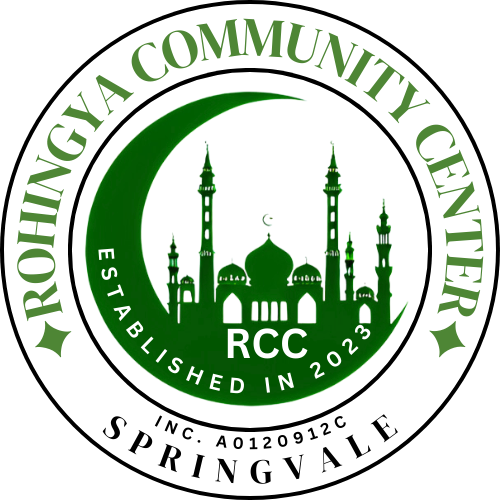You Will Get Rewarded For Every Letter That You Read From The Quran
In the realm of spiritual enrichment, the Quran and Hadith stand as timeless treasures, offering guidance and wisdom to those seeking a deeper connection with the divine. Within the Islamic tradition, the act of reading the Quran is not only a profound spiritual practice but also promises abundant rewards, as elucidated by the teachings found in both the Quran and the Hadith.
The Quran: A Divine Revelation and Source of Rewards
The Quran, revealed to Prophet Muhammad (peace be upon him) over 1400 years ago, is regarded as the literal word of Allah. Its verses provide a comprehensive guide for living a righteous life, addressing matters of faith, morality, and social conduct. The Quran emphasizes the significance of reading its verses, promising immense rewards to those who engage in this sacred act.
“The example of a believer who recites the Quran is that of a citron, it has a good taste and a good scent. And the believer who does not recite the Quran is like a date which has a good taste but no scent. And the example of a dissolute wicked person who recites the Quran is that of Ar-Rihana (sweet basil) which smells good but tastes bitter. And the example of a dissolute wicked person who does not recite the Quran is that of a colocynth which has a bitter taste and no scent.” (Sahih al-Bukhari)
This Hadith underscores the dual benefit of reciting the Quran – a delightful taste for the soul and a pleasing fragrance for the character.
Hadith: Reinforcing the Rewards of Quranic Engagement
The Hadith, comprising the sayings, actions, and approvals of Prophet Muhammad (peace be upon him), serves as a complementary guide to the Quran. It further emphasizes the rewards associated with reading and contemplating the Quranic verses.
“Whoever reads a letter from the Book of Allah will receive a good deed, and this good deed is multiplied by ten. I do not say that Alif Lam Meem is one letter, but Alif is a letter, Lam is a letter, and Meem is a letter.” (Tirmidhi)
This Hadith highlights the exponential rewards bestowed upon those who engage with the Quran, with each letter read carrying immense spiritual merit.
Quranic Education: A Gateway to Spiritual Rewards
RCC Mosque, recognizing the transformative power of Quranic engagement, facilitates Quranic education programs. These initiatives not only guide individuals in the correct recitation of the Quran but also delve into the meanings and applications of its verses. Through education, participants not only accumulate rewards but also deepen their understanding of the divine guidance within the Quran.
Learning and Hadith: Nurturing the Seeds of Knowledge
In the pursuit of rewards through Quranic engagement, the Hadith becomes a beacon of wisdom. Learning the sayings of Prophet Muhammad (peace be upon him) helps individuals contextualize the Quranic teachings, fostering a holistic approach to religious knowledge.
“Seeking knowledge is an obligation upon every Muslim.” (Ibn Majah)
This Hadith underscores the broader obligation of seeking knowledge, encompassing both the Quran and the teachings of the Prophet. It is through this knowledge that individuals unlock the full potential of their spiritual rewards.
In conclusion, the Quran and Hadith together form a powerful source of guidance and rewards. The act of reading the Quran is not merely a routine, but a transformative journey that promises spiritual elevation and a multitude of blessings. RCC Mosque, through its commitment to Quranic education and the dissemination of Hadith, seeks to empower individuals on this journey, ensuring they reap the abundant rewards promised by Allah and His Messenger.




